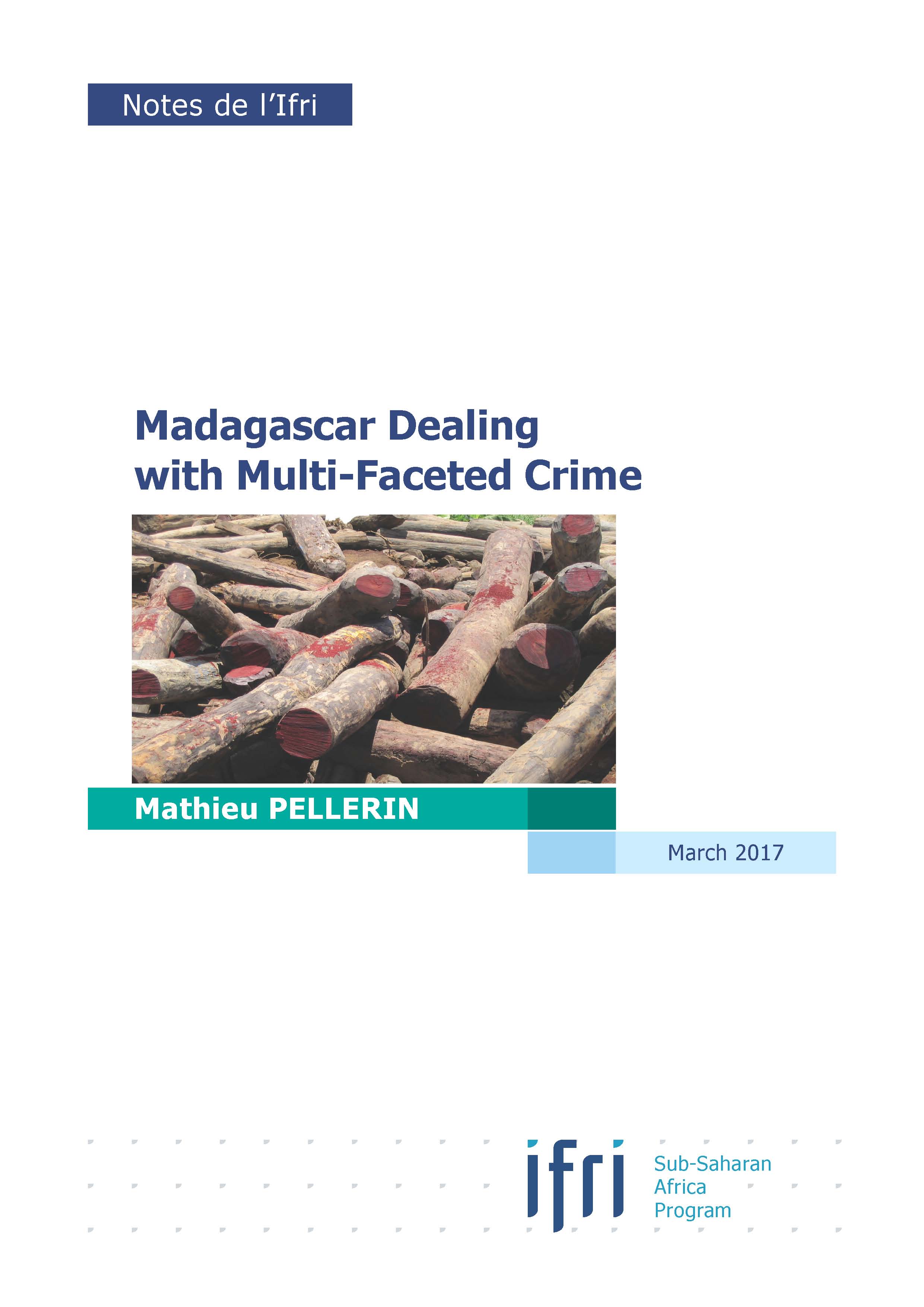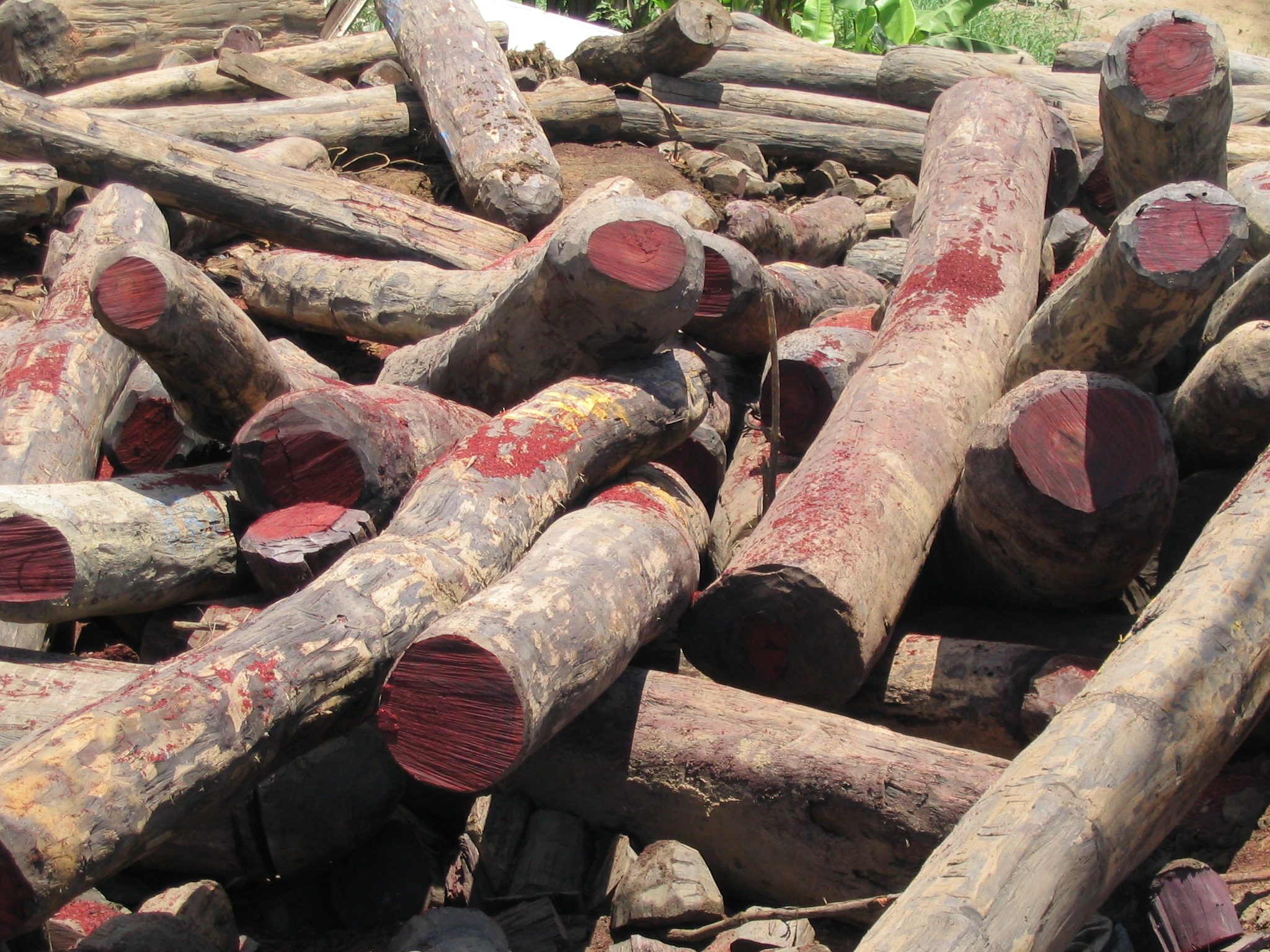Madagascar Dealing with Multi-Faceted Crime

Has Madagascar really emerged from the crisis which started in 2009? In purely formal terms, it is customary to consider that the December 2013 presidential election ended a political sequence of relative institutional paralysis since the coup in March 2009 and the transitional regime then put in place.

More recently, the successful organization of La Francophonie summit in November 2016 and the success of the Donors’ and Investors’ conference in December of the same year have ensured Madagascar’s return to the international scene. However, careful observation of the state of the country leads us to question if the crisis has continued in other forms. The economic difficulties, despite some glimmers of hope, and an increasingly vindictive opposition (in the National Assembly and elsewhere) are the most visible signs of it. The very identity of this opposition, largely built around the former transitional president, Andry Rajoelina’s, party shows that the political sequence that opened in 2009 is still not closed, and that it promises to be subject to a new crisis in the next presidential election in 2018. However, the most difficult legacy of the transition to deal with, as we demonstrated in 2014, is undoubtedly the ever more advancing pervasiveness of multi-faceted crime.
Whether it is a question of the re-emergence of the dahalo or the development of trafficking, this crime is not new in the country. Each political crisis results in the erosion of the institutional frameworks in place, which promotes the development of banditry and the informal economy, a part of which is supported by trafficking. Hence, each crisis episode in Madagascar has seen cases of zebu theft perpetrated by the dahalo escalate, with the gendarmerie deployed in response as part of planned operations. Similarly, natural resources were subject to trafficking prior to 2009. Precious stones, particularly since the development of the Ilakaka mine at the start of the 1990s, have always been exploited by informal networks which benefited from complicity in the civil service and those in authority to develop their activities outside any formal framework. It was not until the start of the 2000s, particularly under the influence of the World Bank, that a tentative attempt at formalization was undertaken. These resources, in the same way as other resources (international aid, government budget, public companies, land titles, etc.) are being monopolized by the various “elite pacts” which have followed one another since the country’s independence. Madagascar’s political economy operates on this model.
Download the full analysis
This page contains only a summary of our work. If you would like to have access to all the information from our research on the subject, you can download the full version in PDF format.
Madagascar Dealing with Multi-Faceted Crime







